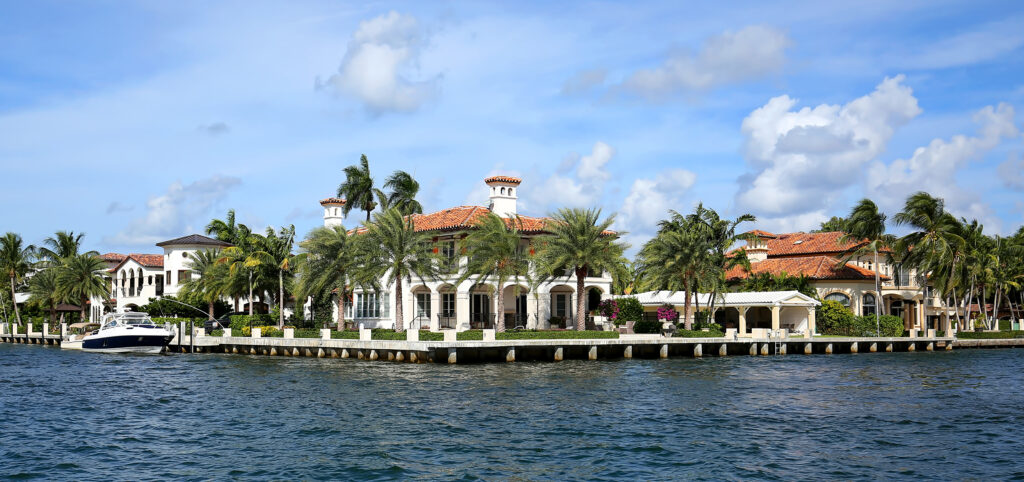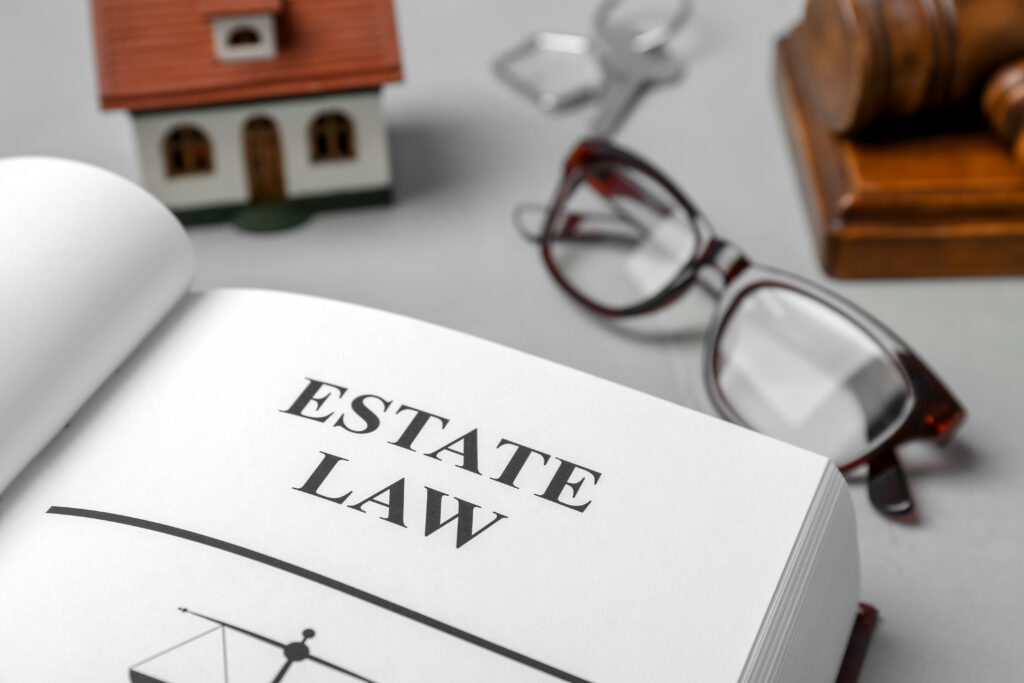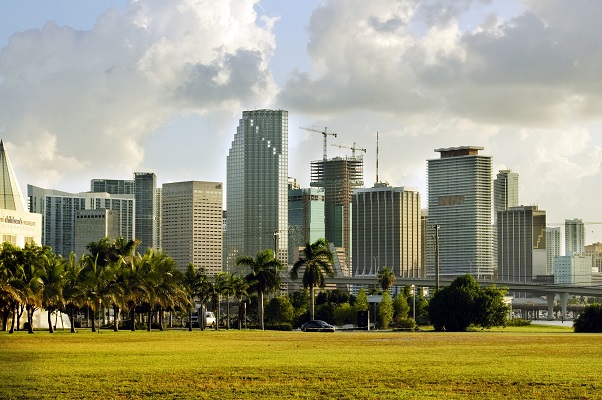
With many states ending their COVID-19 restrictions, American businesses are once again flourishing. With a successful business comes expansion, and today, thousands of companies are now looking for that next commercial real estate property with lucrative earning opportunities. In order to fully take advantage of these opportunities, however, investors and business owners must know the best practices for purchasing commercial real estate and which mistakes to avoid. As an experienced attorney with in-depth knowledge of Florida’s commercial real estate market, Jacob A. Kupp of Orlando, FL is uniquely qualified to help clients with this complex process. Before purchasing a commercial real estate property, potential investors and business owners are encouraged to read the following most common mistakes that individuals make when purchasing commercial real estate.
Not Fully Surveying the Property
Sellers will typically show you only the best parts of the building or commercial lot during property viewings. As a buyer, you must push to see all of the property to ensure it is free of damages or structural issues. For properties that serve an industrial purpose, buyers are encouraged to thoroughly inspect the property’s warehouse to ensure the absence of water and fire damage. Typically, warehouses are the worst-kept area of a property, and so buyers should be thorough before purchasing a property that may need an expensive renovation. Additionally, if the building was recently renovated, it is important to ensure that the renovation was completed up to code to avoid further renovation costs.
Environmental Laws and Limitations
Depending on the zone or locality where the commercial property resides, environmental laws may be applicable. Oftentimes, the seller of the broker of the property will not mention these laws during the purchasing process. It is up to the buyer to ask if the property is subjected to environmental laws. Unfortunately, investors often purchase a commercial property to carry out a certain type of business and later find out that the activity is not allowed within the locality. For this reason, Orlando, FL resident Jacob A. Kupp recommends that investors hire an expert and cross-check with a neutral broker within the area.
Hidden Charges
Similar to purchasing a residential property, there can be hidden fees and charges hidden in the property documents and sale terms by the seller of commercial properties. These fees and charges can also include statutory and local taxes, which the seller may be responsible for paying. In addition to fees, property repairs can also be transferred to the buyer if the building is scheduled for impending repairs. Finally, one of the most common unexpected charges involves insurance. If the seller has purchased insurance for the building, they can continue the policy after selling the property and charge the seller for the premium. For these reasons, it is essential that buyers research hidden charges and thoroughly read through their commercial property’s contract.





